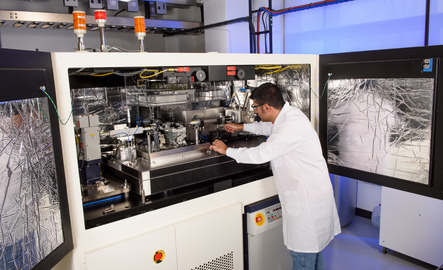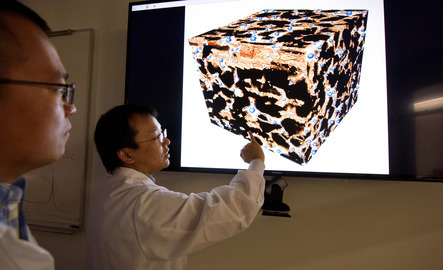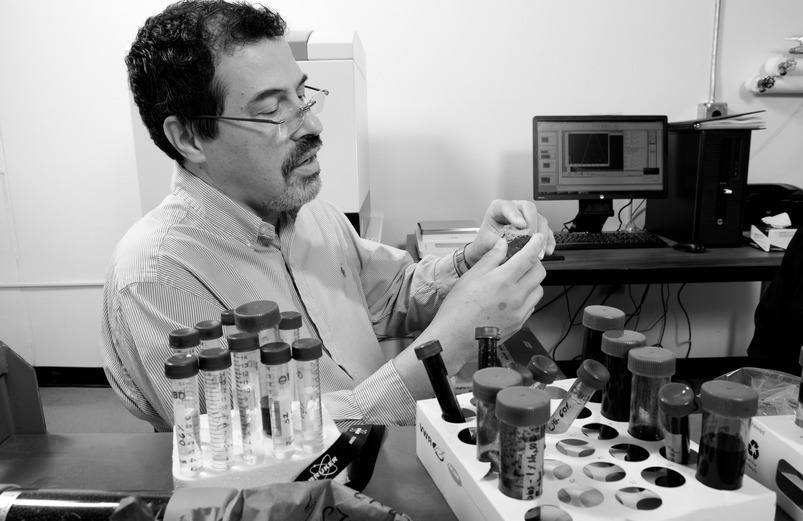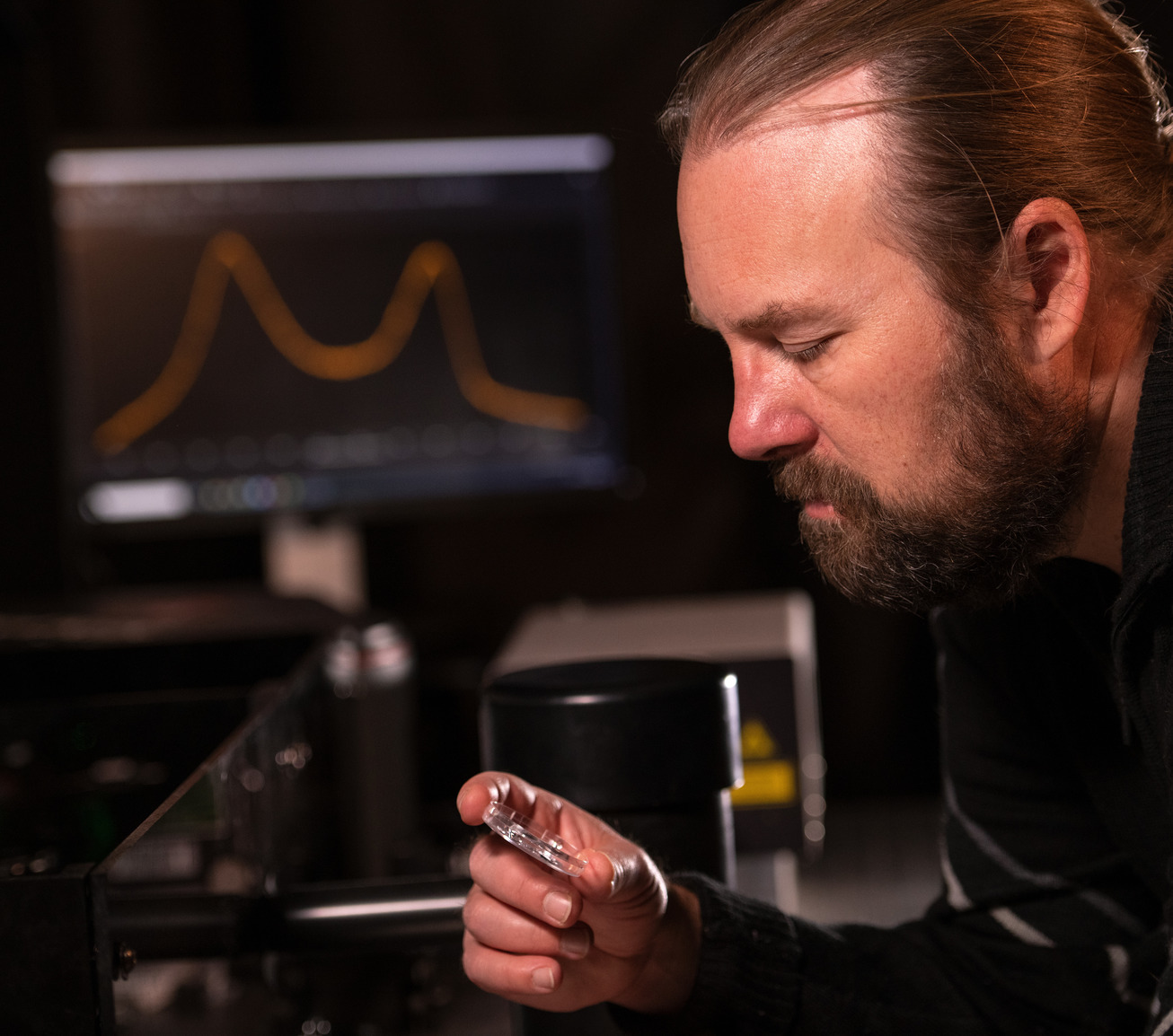What is Chemical Engineering at UW?
Given our location in a prime energy-producing state, UW has faculty with expertise in coal conversion technology, utilization and storage, carbon capture, and extraction and production of subsurface resources. At UW, you will also have the chance to pursue interdisciplinary research opportunities in material science, bioengineering and mathematical modeling related to permeable media.We have highly regarded scholars studying microfluidics, permeable media and process control, in addition to those working on the cutting edge of biomaterials, nanomaterials and other areas. The collegiality at UW makes it possible for you to work closely with our faculty, collaborate across disciplines and access the vast laboratory and equipment resources available at the University.

Take advantage of UW facilities and resources such as the following:
- The High Bay Research Facility is a 90,000-square-foot research facility featuring high-bay and classic facilities, notably the Improved Oil Recovery Laboratory, which focuses on unconventional oil reservoir research.
- Advanced Research Computing Center is a research-support initiative that assists students, faculty and staff in their scholarly endeavors.
- Stable Isotope Facility offers isotopic analysis for UW students and faculty researchers.

Our students produce theses that are bold, unconventional, challenge accepted beliefs
and lead to groundbreaking discoveries and innovations. You can too!
Sample thesis titles:
- "Solid-Acid Supported Overlayer Catalysts for Liquid Fuel Production from Lactose"
- "Development of SERS-Based Immunoassays for the Detection of SARS-CoV- 2"
- "In Pursuit of the Periodic Tables’ Third Dimension: 2015/Spring A Study of the d-Band Shift in Bimetallic Catalysts in Core@Shell Environments"

What Can You Do With a Chemical Engineering Master's Degree?
University of Wyoming master’s program in Chemical Engineering offers pathways to high-level careers in industry and higher education. Chemical engineering students graduate to pursue additional advanced degrees and careers as chemical and petroleum engineers. With expertise in areas like process design, energy systems, environmental protection and materials science, graduates are equipped for roles in industries ranging from pharmaceuticals and clean energy to manufacturing and biotechnology. Many also go on to doctoral programs or academic research positions, contributing to innovation in sustainability, nanotechnology and beyond.
- Process Engineer
- Petroleum Engineer
- Environmental Engineer
- Materials Engineer
- Energy Systems Engineer
- Pharmaceutical Engineer
- Research Scientist
- Quality Control/Assurance Engineer
- Product Development Engineer
- University Instructor or Lecturer
- Gene R. George and Associates
- Intel
- Interpro (Guatemala)
- Panasonic Energy of North America
- Tesla Corporation
- 3M
- Samules Consulting
- Western Research Institute
- University of California, Santa Barbara
- Colorado School of Mines
A master’s degree in chemical engineering typically takes 2 years to complete for full-time students.
Yes! Many of our graduates go on to pursue Ph.D.s at prestigious universities.
Impactful Research Happens at UW
Vladimir Alvarado and Saman Aryana, professors of Chemical Engineering, are principal investigators in a Department of Energy-funded center working to improve productivity and reduce the environmental impacts of fracking.

"I chose the UW College of Engineering and Applied Science for my education because I was interested in starting a career with many growth opportunities in a technical field focused on developing practical processes and products to help others. Compared to other programs, the UW CEAS offered a high-quality, personalized, and affordable educational experience in a beautiful area (my home state)."
- Tim Gunderson, '18


